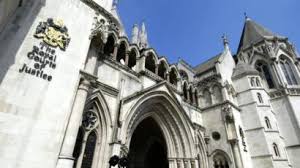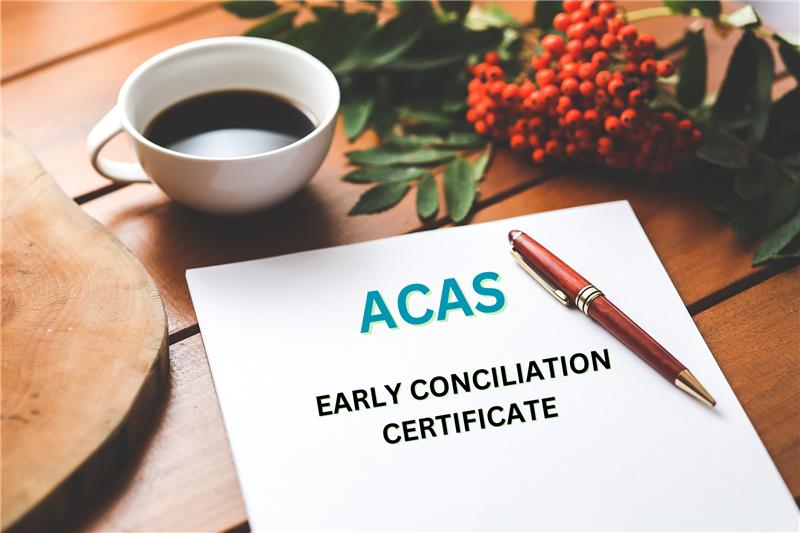Whistleblowing: Can trustees of charities be afforded whistleblower protection?

Whistleblowing: Can trustees of charities be afforded whistleblower protection?
Section 47B of the Employment Rights Act 1996 (“ERA 1996”) provides that a worker has the right not to be subjected to any detriment by any act, or any deliberate failure to act, by their employer on the ground that the worker has made a protected disclosure.
Section 43B ERA 1996 provides that a protected disclosure takes place where an employee raises a concern about any of the following having taken place and/or is potentially taking place and/or may potentially take place:
- 43B(a) – a criminal offence;
- 43B(b) – the breach of a legal obligation;
- 43B(c) – a miscarriage of justice;
- 43B(d) – a danger to the health and safety of any individual;
- 43B(e) – damage to the environment; or
- 43B(f) – deliberate attempt to conceal any of the above.
Background
In the recent case of Dr Nigel MacLennan v British Psychological Society [2024] EAT 166, Dr MacLennan was a charity trustee of the British Psychological Society and had been a member since 1984. On 4 May 2020 Dr MacLennan was elected to President-Elect of the British Psychological Society. However, he was told that his election would remain confidential until it could be ratified at the annual general meeting on 30 June 2020.
Dr MacLennan contended that he had made four protected disclosures between 3 June 2020 and 19 June 2020 and a further nine protected disclosures between 1 July 2020 and 17 December 2020.
On 4 May 2021, Dr MacLennan was expelled from membership of the British Psychological Society following a grievance made against him and subsequent grievance investigation.
Dr MacLennan issued a claim under section 47B ERA 1996.
Decision of the Employment Tribunal (‘ET’)
The first issue which the ET considered was whether Dr MacLennan was a worker and as such, whether he could be afforded protection from suffering detriment on the grounds that he had made a protected disclosure under section 47B ERA 1996.
Taking in to consideration factors such as the lack of remuneration and the voluntary nature of the role of a trustee, the ET concluded that Dr MacLennan was not a worker because there was not a contract between him and the British Psychological Society. Dr MacLennan could therefore not be afforded protection under section 47B ERA 1996.
The ET then considered whether Dr MacLennan’s position of President-Elect should be afforded protection under Article 10 (right to freedom of expression) of the European Convention of Human Rights and Article 14 (protection of rights and freedoms without discrimination).
The ET considered whether Dr MacLennan’s position was ‘analogous’ to that of an employee or worker, therefore qualifying as ‘other status’ and if so, considering Michalek v Wandsworth London Borough Council [2002] EWCA Civ 271, whether there was justification to leave him without protection.
The ET held that Dr MacLennan’s position of President-Elect was not ‘analogous’ to an employee or worker so Dr MacLennan should not be afforded the same protection as an employee or worker.
Decision of the Employment Appeal Tribunal (‘EAT’)
Upholding Dr MacLennan’s appeal, the EAT held that ET had focused too narrowly on certain factors when considering whether Dr MacLennan’s position of President-Elect was analogous to that of a worker and should have taken other factors into consideration such as the role’s responsibilities and the importance of making such public interest disclosures.
Crucially, the EAT held that pre-employment disclosures can qualify as protected disclosures such that workers would be protected from detriment for protected disclosures made before the commencement of their contract.
The EAT has remitted Dr MacLennan’s claim back to the ET for reconsideration of his eligibility for protection under the European Convention of Human Rights as someone with ‘other status’. In its Judgment, the EAT stated “There was a strong argument that being a charity trustee, President-Elect and/or President is akin to an occupational status. The nature of the role, responsibilities and regulatory regime applied to charity trustees is strongly suggestive of a status” [para 105].
Impact of the EAT’s decision
Whilst Dr MacLennan’s personal appeal has been remitted to the ET for reconsideration, the EAT’s comments have opened the door for UK charity trustees, school and NHS governors to potentially receive whistleblowing protection under the European Court of Human Rights as those with ‘other status.’
The EAT have also made it clear that workers who have made qualifying protected disclosures prior to commencement of their employment, can be protected under section 47B ERA 1996.
For further information on employee status, whistleblowing or to discuss a potential employment law or discrimination claim, please contact our specialist employment solicitors on 0207 3950 5234 or info@rllaw.co.uk. We are ranked as a ‘Leading Firm’ in the Legal 500 and Chambers and Partners independent guides to the UK Legal Profession.
8 November 2024.



